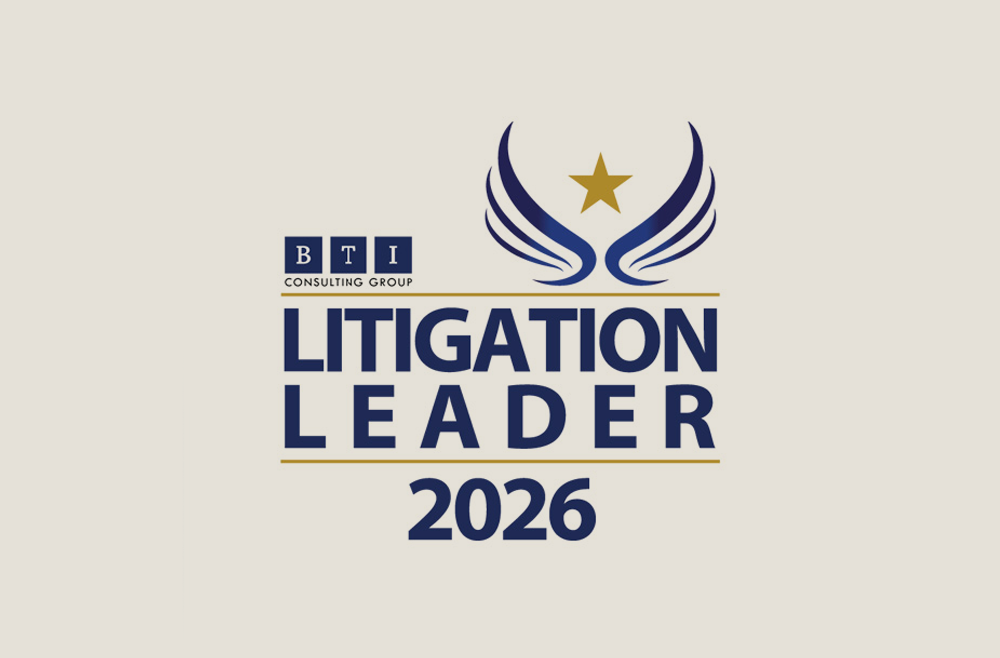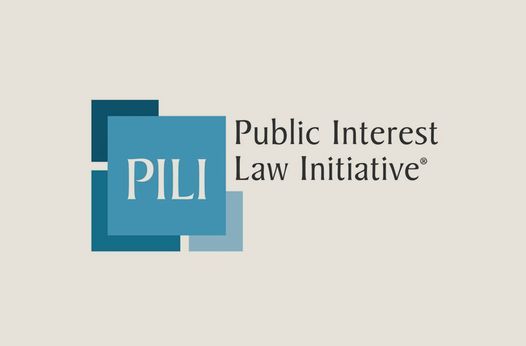Accountant May Owe Duty of Care to Client’s Creditors
Lawyers for the Profession® Alert | 3 min read
Sep 28, 2011
Plaintiff sellers sold their franchise rights in certain restaurants to a buyer. As a part of the sale, the buyer executed a promissory note to the sellers. The asset purchase agreement between the sellers and buyer required buyer to provide audited financial statements to the sellers each year during which any of the debt remained outstanding. The sellers alleged that the buyer, through suspicious transactions and actions of its chief financial officer (CFO), became seriously delinquent with respect to its federal tax obligations. Specifically, it owed the Internal Revenue Service (IRS) more than $1 million in taxes, plus penalties and interest. The CFO subsequently disappeared without notice, and the parties discovered suspicious deposits and withdrawals in the buyer’s checking account, which appeared to have been part of a check-kiting scheme. The buyer later filed bankruptcy. The sellers argued that defendant auditor aided and abetted the CFO’s wrongful conduct. A federal district court in Tennessee held that the auditor owed a duty of care to the sellers, which had become a creditor following the sale.
Questions Before the Court
Following are the issues considered by the court and how the court decided them.
Issue 1: Whether the accounting firm owed a duty of care to the sellers where it claimed that it did not know that the audit information was to be provided to the sellers.
Yes. The court held that such a duty existed because the accounting firm was aware that the buyer needed audited financial statements for its “lenders.” The accounting firm admitted that the asset purchase agreement required the buyer to deliver its audited financial statements to an individual who was the seller’s primary contact. An accountant’s liability in this situation extends to those persons or class of persons as determined by current business practices who the accountant at the time the report is published should reasonably expect to receive and rely on the information. It was reasonable for the accountant (auditor) to expect that the sellers, who had become lenders to the buyer by virtue of the note, would receive and rely upon the information in the audit report.
Issue 2: Whether the auditor had a dispositive proximate causation defense on damages because the buyer never had the money to pay off the note.
No. The accounting firm claimed that the buyer never had the money to pay off the promissory note regardless of its conduct and thus that there was no proximate causation. The court found that there was a triable issue of fact because the sellers’ expert had opined that cash flows from the business that was purchased were substantial enough for a two-year period that the buyer would have been able to satisfy its current obligations to the sellers and future cash flows would have continued to satisfy those obligations. The audit report had failed to disclose that the buyer owed back taxes and the CFO’s wrongful conduct.
What the Court’s Decision Means For Practitioners
The accounting firm faced an uphill battle in trying to avoid liability under Section 577 of the Restatement (Second) of Torts (1977), which makes an accountant liable for providing false information for the guidance of others if he or she fails to exercise reasonable care or competence in obtaining or communicating the information. Liability extends to anyone with whom the accountant reasonably knows the client intends to share that information. The auditor here had clearly failed to report on the taxes owed to the IRS, and the court was easily convinced to construe the sellers to be “lenders” who were entitled to receive the audit report.
Murphy v. Lattimore, Black, Morgan & Cain, PC,2011 WL 2420265 (N.D. Tenn. June 13, 2011)
For further information, please contact your regular Hinshaw attorney.
This alert has been prepared by Hinshaw & Culbertson LLP to provide information on recent legal developments of interest to our readers. It is not intended to provide legal advice for a specific situation or to create an attorney-client relationship.
Featured Insights

Press Release
Oct 22, 2025
Hinshaw & Culbertson LLP Launches New Website and Refreshed Brand

Press Release
Sep 26, 2025
Hinshaw Recognized as a “Leader in Litigation” in the BTI Consulting Litigation Outlook 2026 Survey

Privacy, Cyber & AI Decoded Alert
Sep 23, 2025
Fall 2025 Regulatory Roundup: Top U.S. Privacy and AI Developments for Businesses to Track

Press Release
Sep 15, 2025
Hinshaw Achieves 2024–2025 Mansfield Rule Certification Plus Status

In The News
Sep 5, 2025
Jessica Riley Reflects in a Law360 Story on Lessons She Learned as a Junior Lawyer

Press Release
Aug 25, 2025
Trial Spotlight: Hinshaw Prevails in ERISA Fiduciary Fraud Case

Press Release
Aug 21, 2025
102 Hinshaw Lawyers Recognized in 2026 Editions of The Best Lawyers in America® and Ones to Watch™

Press Release
Jul 28, 2025
Hinshaw Recognized as a Client Service Trailblazer in the BTI Consulting Client Service A-Team 2025

Press Release
Jun 17, 2025
Hinshaw Named to the 2025 Pro Bono Recognition Roster by the Public Interest Law Initiative




